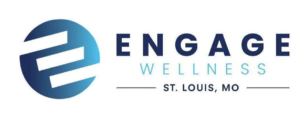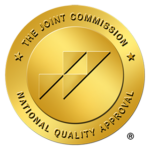Group Therapy for Addiction In St. Louis
Group Therapy Sessions & Peer Support For Recovery
You Don’t Have To Do This Alone. Get Amplified Support In Group Therapy For Addiction in St. Louis

What is Group Therapy For Addiction in St. Louis?
Group therapy is beneficial for anyone in mental health and substance use recovery. All levels of care offer some group therapy opportunities, usually on a daily basis for several hours. Group therapy for addiction at Engage Wellness takes place at our comfortable and modern treatment facility. Our clinicians and mental health professionals will lead the group treatment process and provide psychoeducational insights.
Navigating addiction isn’t as effective if you attempt to do it all on your own. There are often mental, emotional, legal, financial, and social effects of addiction and recovery that are better addressed with the support and insight of others. We’ve created a community environment that helps everyone involved learn from one another, build meaningful relationships, and enjoy a positive treatment experience.
How (and Why) Group Therapy For Addiction Works
Group therapy provides a structured format for applying recovery solutions. Participants can collaborate on their experiences and help one another safely navigate withdrawal symptoms and cravings.[1]
The reasons group therapy is effective for addiction treatment are extensive. The format offers practical solutions for building and improving interpersonal relationships, focuses on revealing unconscious internal processes, and helps participants understand the relationship between thoughts, emotions, and the resulting behaviors[2]. There are also opportunities for role playing and practising coping skills, uncovering trauma, as well as addressing anxiety, guilt, and other mental health symptoms.

Efficacy of Group Therapy For Addiction in St. Louis
Group therapy is a common core component of evidence-based treatment for alcohol and substance abuse. It’s a proven framework for you or a loved one to navigate substance abuse treatment with valuable community-based support. Studies show that group therapy is as effective as individual therapy, and also provides several tangible advantages, including:[3]
What to Expect from Group Therapy For Addiction in St. Louis

Group Therapy For Addiction in St. Louis at Engage Wellness
Every level of care includes opportunities for group therapy. The scope and degree of this format will vary based on individualized treatment plans after your initial evaluation. At Engage Wellness, our clinical healthcare providers will determine the best approach to treatment and prescribe group therapy as needed as part of the following treatment options:



